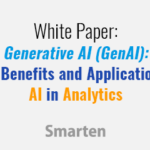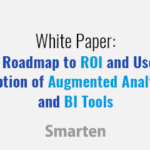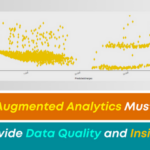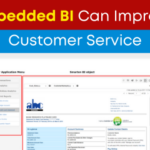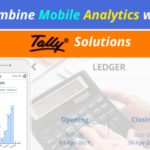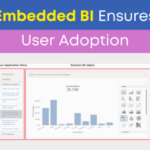Selecting a Business Intelligence (BI) Solution
Business Intelligence (BI) is the lifeblood of an organization. Without business intelligence, the enterprise does not have an objective understanding of what works, what does not work, and how, when and where to make changes to adapt to the market, its customers and its competition.
‘You will want to select a partner that can ensure your growth and provide advanced technologies like artificial intelligence (AI), low-code and no-code development and other advancements in analytics, techniques and concepts.’
You have a good understanding of business intelligence (BI), the importance of this concept for businesses and business users and the various aspects and factors to be considered in planning a BI implementation. Now it is time to talk about solutions.
Your business has high hopes for its business intelligence implementation and it anticipates many benefits, a good return on investment (ROI) and low total cost of ownership (TCO). But that doesn’t happen without the right business intelligence tools and the right business intelligence solution providers.
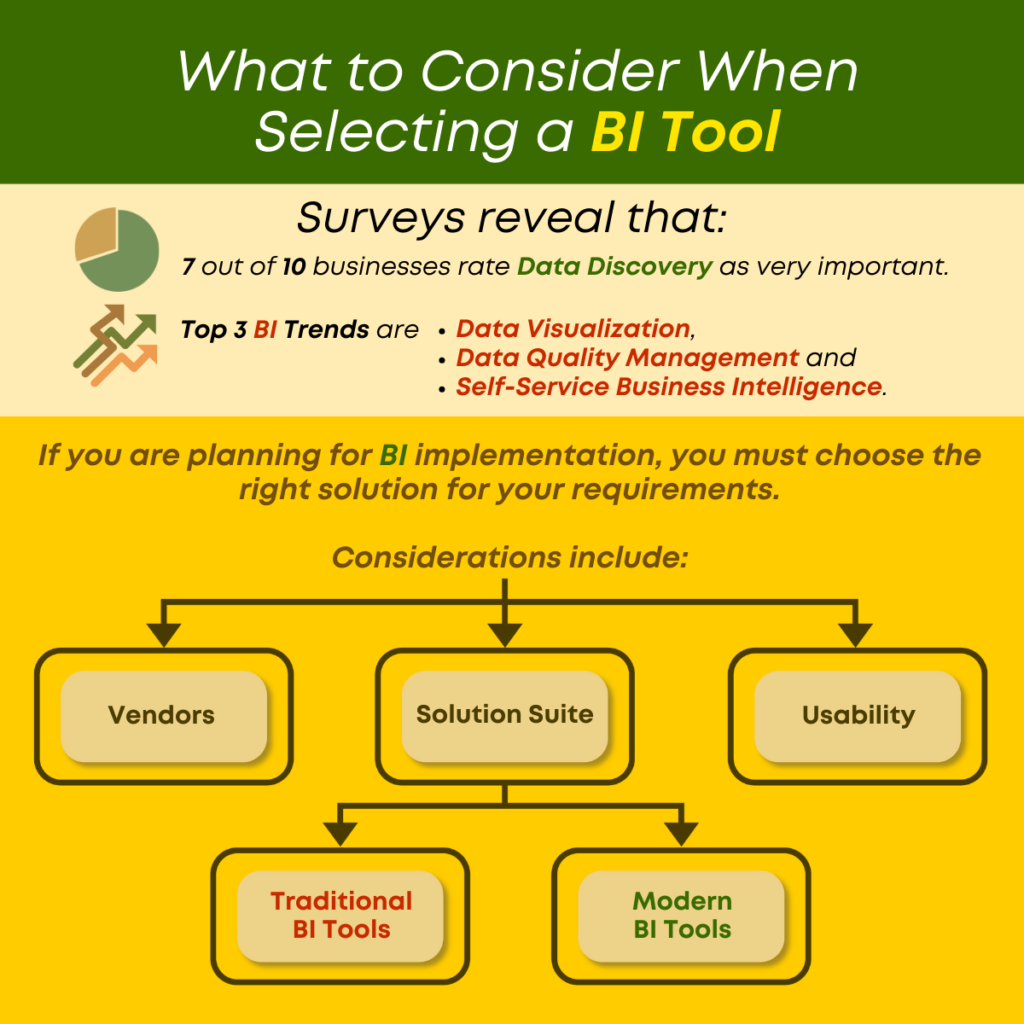
Vendors
All business intelligence companies are not the same. The vendor you choose does matter. Even if the solution suite is the best around, if the vendor does not provide appropriate communication, reporting and support, you are on your own in solving problems (if and when there are any) and in the day-to-day use of the product. Look for a vendor with proven stability, experience and skill. You want to know that they will continue to invest in their product and services to grow with your business. The vendor should maintain a team environment, and a custom and partner focus with 24/7 services and support and a quality environment that ensures cutting-edge, dependable products. Look at licensing and support plans and be sure that you have access to affordable tools and services. Business intelligence services and solutions start with a solid foundation of customer focus and a proven quality approach to products and services.
Solution Suite
As we mentioned at the beginning of this article, there are different types of BI tools. For most businesses, it is difficult to decide between traditional business intelligence and modern business intelligence, because there are elements of both that are helpful to the business and to its users. For many business intelligence users, BI Dashboard Tools will be just as important as the more advanced analytical tools like assisted predictive modeling.
Rather than choosing between traditional and modern BI tools, look for a vendor that provides both. The best self-serve business intelligence tools allow the business to satisfy the most basic needs of a business user and the needs of a business analyst or data scientist.
Traditional BI Tools include dashboards, Key Performance Indicators (KPIs), Reporting, graphs and charts.
Modern BI Tools include Smart Data Visualization, Self-Serve Data Preparation, assisted Predictive Analytics, anomaly alerts and natural language processing (NLP) search analytics. Features like Embedded BI allow users to access analytics from within their favorite enterprise applications using single sign-on access, improving user adoption and return on investment (ROI) for existing technologies and applications.
Self-serve business intelligence software is a must. If you wish to engender data democratization and data literacy and support Citizen Data Scientists, the best business intelligence software for you will be self-serve business intelligence software.
It is important to choose a vendor and a solution that has its eye on the future. With new, cutting-edge technologies announced every day, you will want to select a partner that can ensure your growth and provide advanced technologies like Artificial Intelligence (AI), low-code and no-code development and other advancements in analytics, techniques and concepts.
Usability
Solution usability is key to user adoption. Choose a solution that is intuitive and easy to learn. You don’t want to spend a lot of time and money on training. The BI tools you select should be simple and user-friendly BUT they must also be sophisticated with advanced analytics and analytical techniques that will provide comprehensive results.
Results must be displayed with flexible controls. For example, smart visualization should allow the user to see suggested visual displays based on the type and volume of the data that is being analyzed. Simple search technologies like natural language processing (NLP) search analytics will allow business users to ask questions using common human language and receive answers in the same way, so there is no need for coding, programming or analytical queries and there is not issue with unclear or misinterpreted results.
Usability will dictate user adoption, return on investment (ROI) and total cost of ownership (TCO) as well as the overall success of your business intelligence project.
‘You have a good understanding of business intelligence (BI), the importance of this concept for businesses and business users and the various aspects and factors to be considered in planning a BI implementation. Now it is time to talk about solutions.’
Find out how the right business intelligence and analytics Technology can support your enterprise, improve business user Data Literacy, and ensure analytical clarity and results with seamless, Intuitive Business Intelligence And Reporting. Discover the next level of self-serve analytics with Augmented Analytics and explore the features and modules to see how your business can use analytics to achieve its goals.



